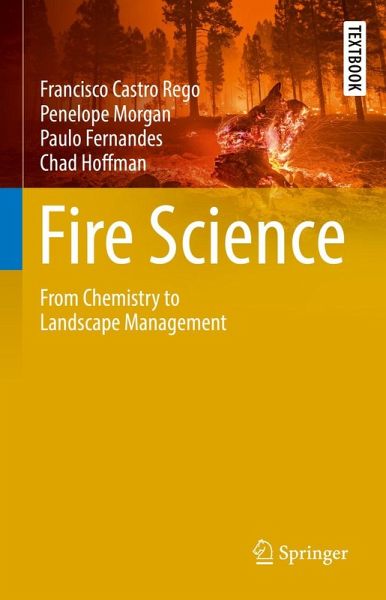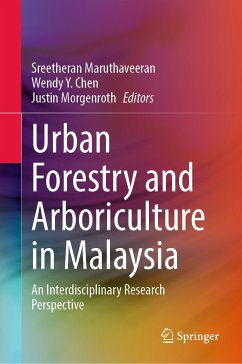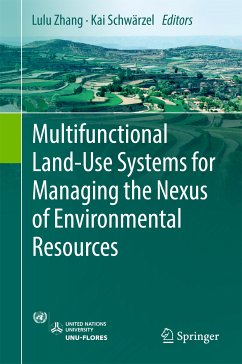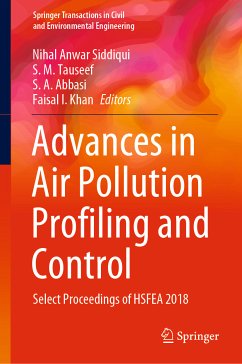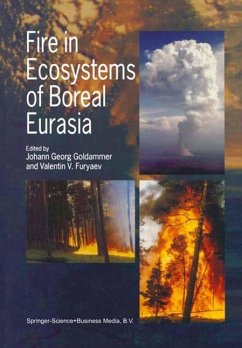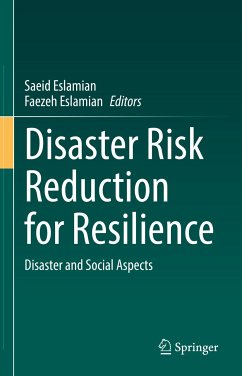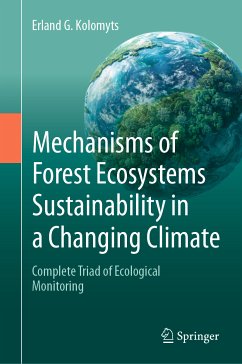Dr. Francisco Castro Rego is Professor and Researcher at the Centro de Ecologia Aplicada Prof. Baeta Neves, Instituto Superior de Agronomia in Lisbon, Portugal. He was Director of the Portuguese Forest Services and led the Fire Paradox project funded by the European Union, with 36 partners from 16 countries, that advanced fire science and fire policy. Dr. Rego's research covers landscape and fire ecology, fire behavior, and fire management (http://comparatistas.academia.edu/FranciscoRego). Dr. Rego currently leads the Parliament's commission to investigate and recommend policy changes to address recent large fires in Portugal. He is the lead author of Applied Landscape Ecology, published in 2019 by Wiley.
Dr. Penelope Morgan is an Emeritus Professor in the Department of Forest, Rangeland, and Fire Sciences, University of Idaho, Moscow, Idaho, USA (https://www.uidaho.edu/cnr/faculty/morgan). Dr. Morgan's extensive teaching and research are in the ecological effects of wildland fires, with fire management implications. She has taught fire ecology, fire management, prescribed burning, and other topics to students who are now leading fire professionals. She is certified as Senior Fire Ecologist. She was recently recognized for Lifetime Achievement by the international Association for Fire Ecology.
Dr. Paulo Fernandes is Associate Professor in Departamento de Ciências Florestais e Arquitetura Paisagista and Researcher of Centro de Investigação e de Tecnologias Agro-Ambientais e Biológicas at Universidade de Trás-os-Montes e Alto Douro, Vila Real, Portugal. He teaches and studies wildland fire, with a particular interest in the links between fire behavior and fire effects and the corresponding management implications (https://scholar.google.com/citations?user=VEaRO9oAAAAJ&hl=pt-PT). Dr. Fernandes has been actively involved in prescribed fire technological development and outreach. He served on the board of the International Association of Wildland Fire and on the Portuguese Parliament commissions that investigated the 2017 disaster fires in Portugal and currently monitor fire management policies and fire activity in the country.
Dr. Chad Hoffman is an Associate Professor in the Department of Forest and Rangeland Stewardship and Co-director of the Western Forest Fire Research Center at Colorado State University, Fort Collins, Colorado, USA. Dr. Hoffman teaches and conducts research related to wildland fire and fuel dynamics. His research lab works on questions about how interactions among fire, fuels, topography, and the atmosphere influence fire behavior and effects across spatial and temporal scales using a combination of field and laboratory experiments and process-based models (https://scholar.google.com/citations?user=EEOXuBQAAAAJ&hl).
